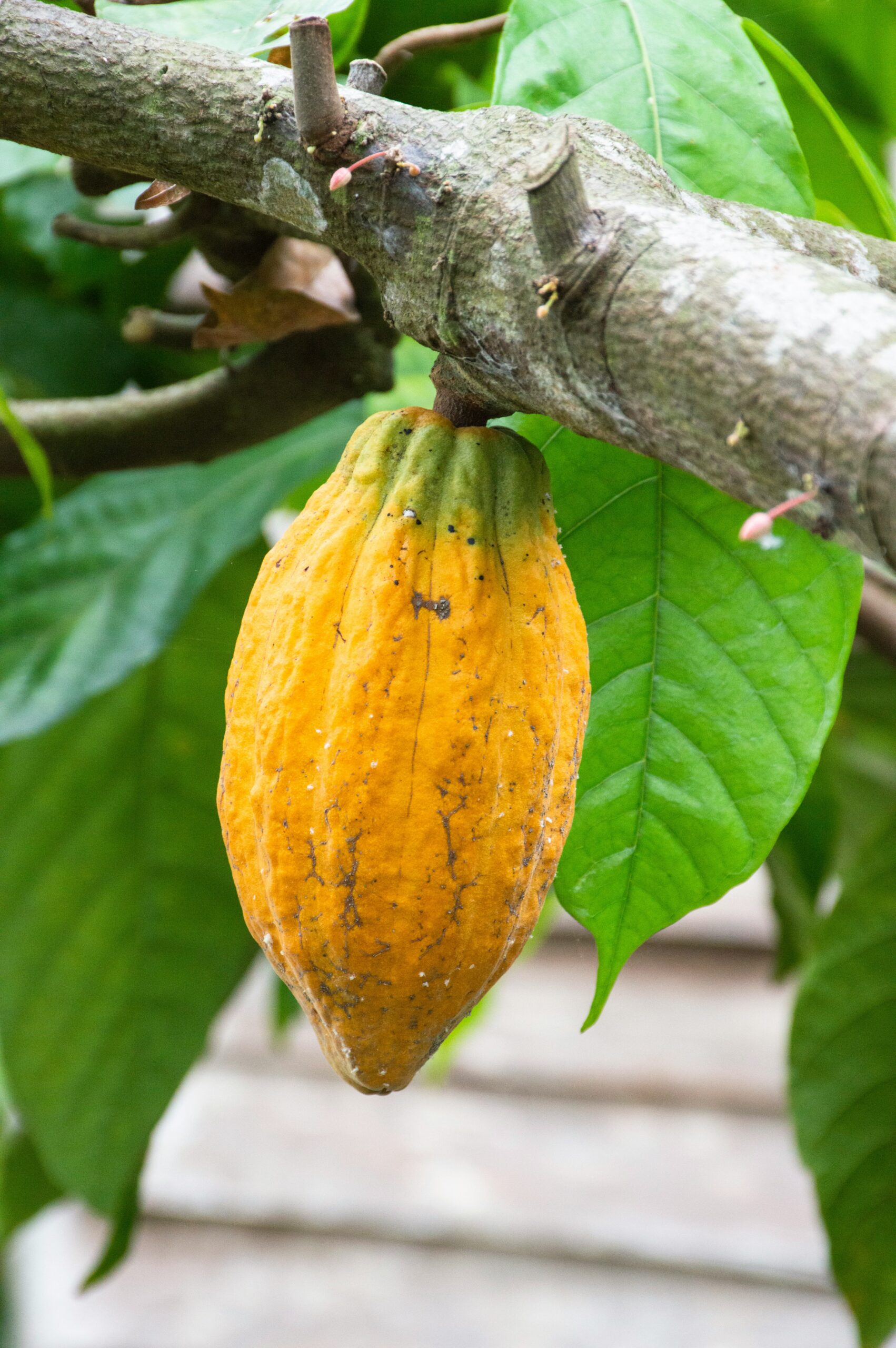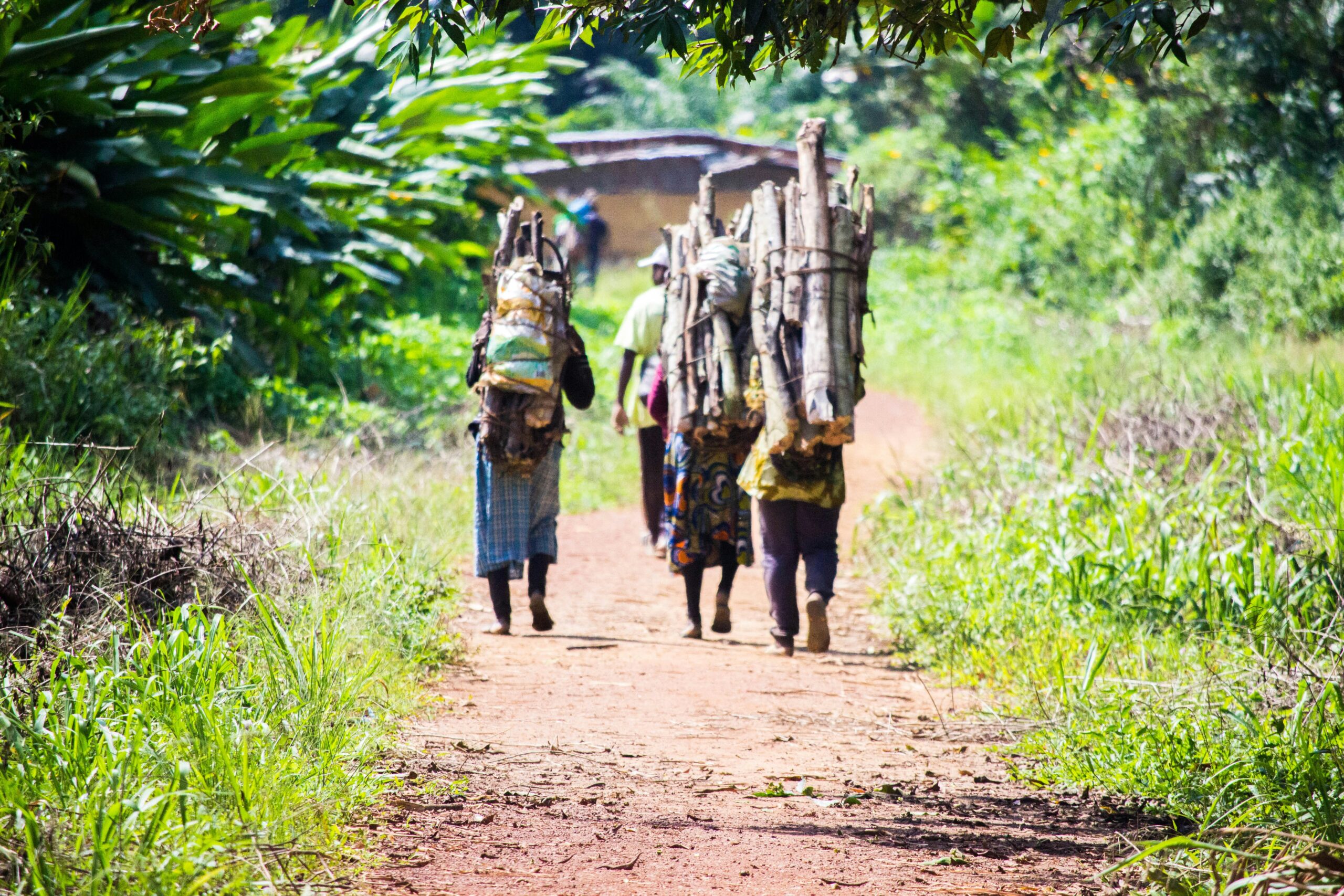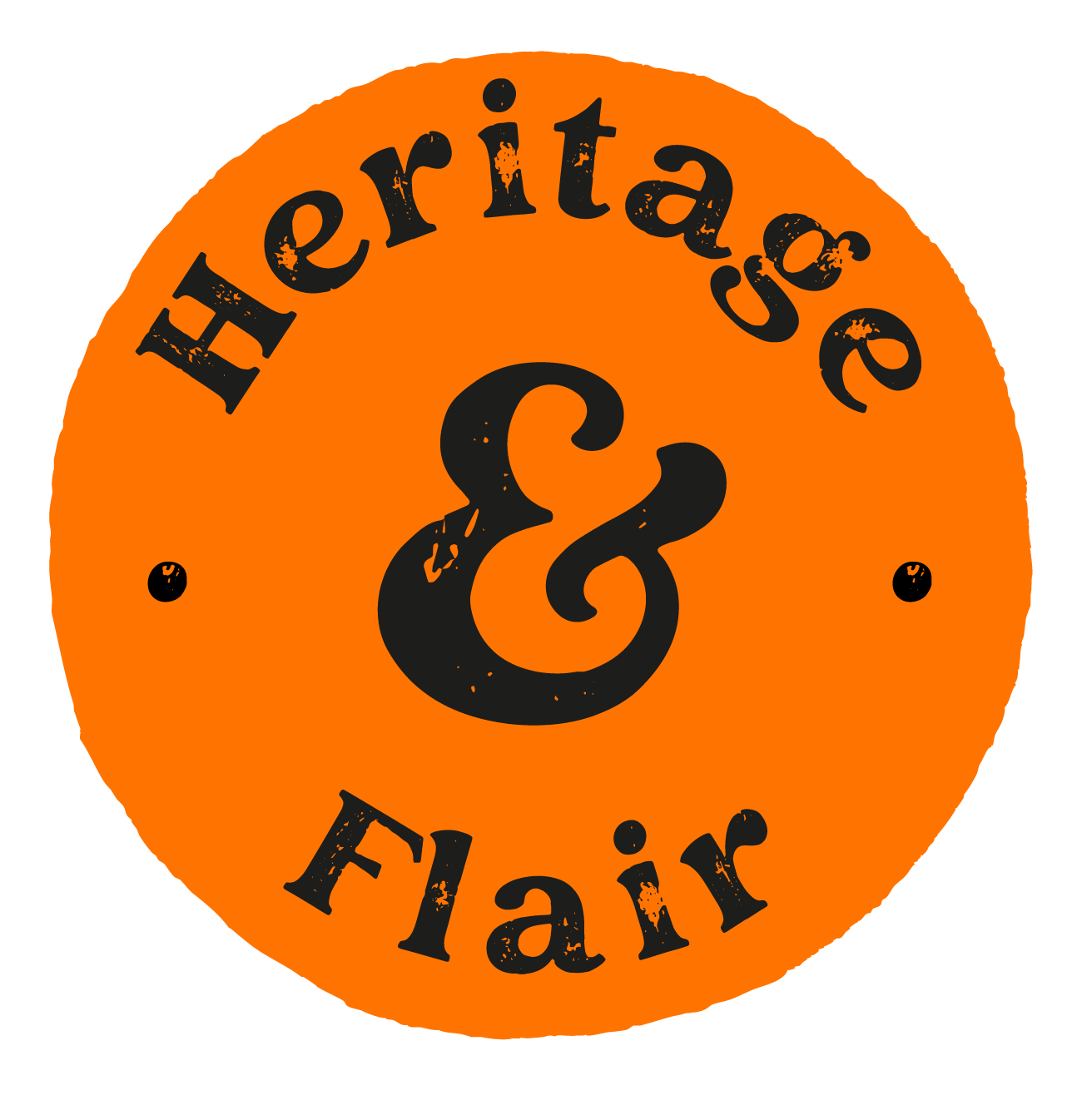
Photo by Ralph Messi
Gabon
Gabon is located on the west coast of Central Africa, bordered by Equatorial Guinea to the northwest, Cameroon to the north, the Republic of the Congo to the east and south, and the Atlantic Ocean to the west. Gabon features diverse landscapes, including coastal plains, mountains, and dense rainforests. The country is known for its rich biodiversity and extensive network of national parks, which cover around 11% of its land area
The capital and largest city, Libreville, is the political, economic, and cultural hub of Gabon, situated on the Atlantic coast. The second-largest city and the centre of Gabon’s petroleum industry, located on Mandji Island and is Franceville is an important city in the southeastern part of the country, known for its mining activities.
Gabon has a population of about 2.2 million people and is one of the least densely populated countries in Africa.
The country is renowned for its traditional art, particularly its masks and sculptures. The Fang masks are especially famous and are used in various ceremonies and rituals. These masks are considered important cultural symbols and are highly valued by art collectors.
Gabon has a rich history that dates back to ancient times with various Bantu-speaking tribes inhabiting the region. European exploration began in the 15th century with the Portuguese, followed by the Dutch, British, and French. Gabon became a French colony in the late 19th century and gained independence on August 17, 1960.
Gabon is also a republic with a strong presidential system. The country has experienced periods of political stability and instability since independence, with recent efforts to improve democratic governance.
Gabon’s economy is largely based on oil, which accounts for a significant portion of its GDP, government revenue, and export earnings. Other important sectors include manganese mining, timber, and agriculture. The country has a relatively high per capita income compared to other African nations but also faces challenges in economic diversification and poverty reduction.
Gabon is religiously diverse, with Roman Catholicism and Protestantism being the major Christian denominations. There are also small communities of Muslims and practitioners of traditional African religions.
Gabonese culture is a blend of French influence and traditional African customs. Music and dance are integral parts of cultural expression, with styles such as makossa and soukous being popular.
Traditional ceremonies and rituals, often associated with rites of passage and spiritual beliefs, are still practiced.
Hidden Insights: Uncovering Gabon
1. Gabonese Cuisine: Gabonese cuisine reflects the country’s cultural diversity and natural resources. Staple foods include cassava, rice, and plantains, often served with meat, fish, or vegetable stews. Popular dishes include poulet nyembwe (chicken in palm nut sauce) and brochettes (meat skewers).
2. Bwiti Religion: Bwiti is a traditional spiritual practice among the Fang and Mitsogo people. It involves the use of the iboga plant in religious ceremonies and rituals, believed to connect practitioners with their ancestors and the spiritual world.
3. Forest Conservation: Gabon is heavily forested, with rainforests covering about 85% of the country. The government has implemented various conservation efforts to protect its forests and wildlife, promoting sustainable development and eco-friendly tourism.
4. Gabonese Literature: Gabon has a growing literary scene, with writers exploring themes of identity, culture, and history. Notable authors include Angèle Rawiri and Bessora, who have gained recognition for their contributions to African literature.

Photo by Michel Bocquet

Photo by Stevy Opong
Capital City: Libreville
Population: 2,455,105
Nationality: Gabonese (singular and plural)
Location: Central Africa
Languages: French (official), Fang, Myene, Nzebi, Bapounou/Eschira, Bandjabi
Religion: Protestant 46.4% (Revival Church 37%, other Protestant 9.4%), Roman Catholic 29.8%, other Christian 4%, Muslim 10.8%, traditional/animist 1.1%, other 0.9%, none 7% (2019-21 est.)
Area Total: 267,667 sq km
Gabon Embassy/High Commission in UK
Address: 27 Elvaston Pl, South Kensington, London SW7 5NL
Website: www.gabon.embassyhomepage.com
Correcting The Map: The True Size Of Africa
The Mercator Projection downplays the size of Global South continents as it makes the Global North look larger
Heritage: What shapes us?
When heritage is mentioned, our minds often leap to the spectacular and the visible: the grandeur of world heritage sites, the majesty of traditional attire, the vibrant swirl of dances and festivals, or the melodies of mother tongues. These are the showpieces of...
HER-itage: Africa’s Phenomenal Queens And Leaders
Honouring and celebrating the incredible contributions of women throughout African history. These remarkable women have shaped nations, led revolutions, and stood against oppression with unwavering resilience. These queens, warriors, and visionaries broke barriers,...
